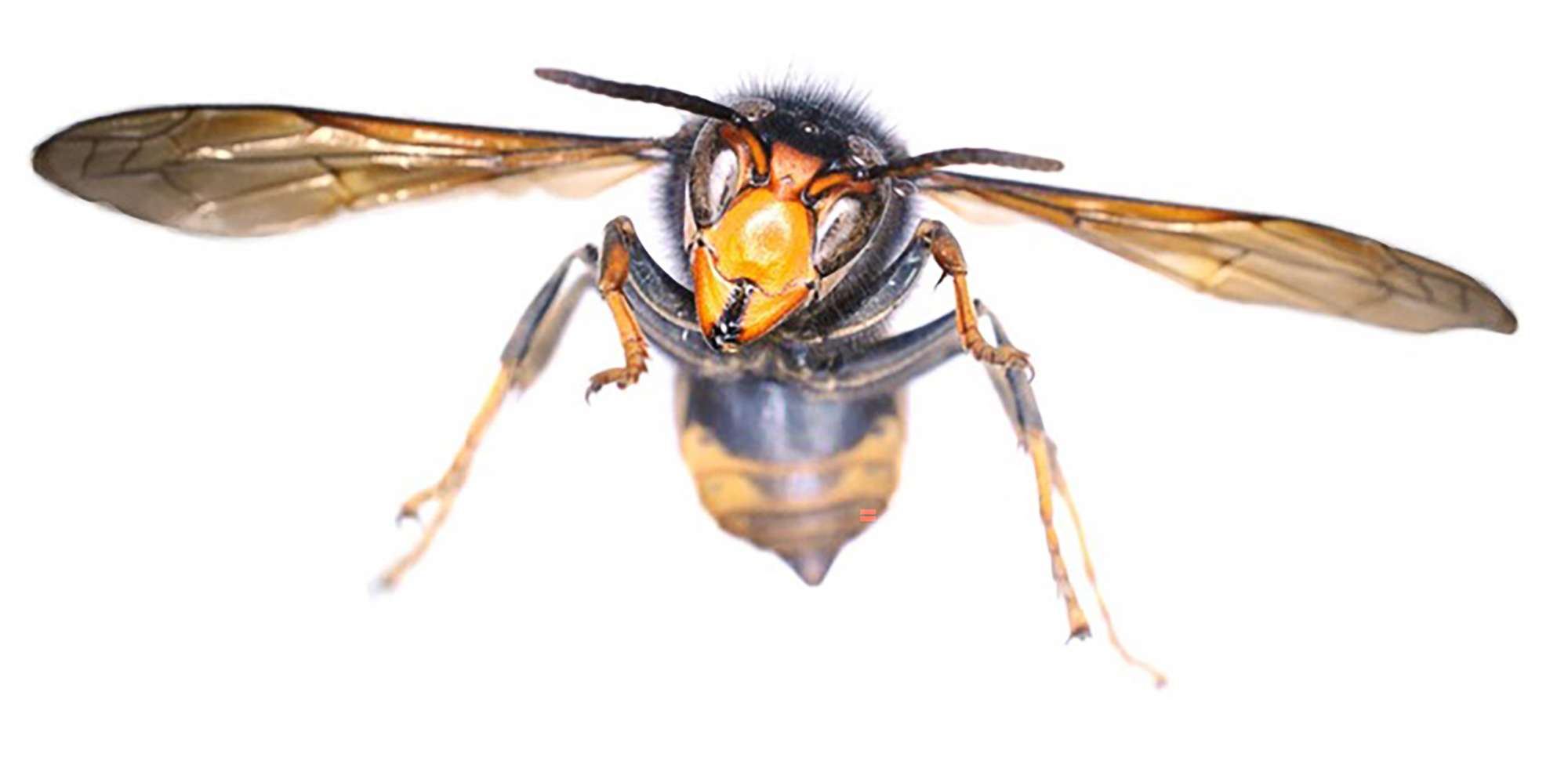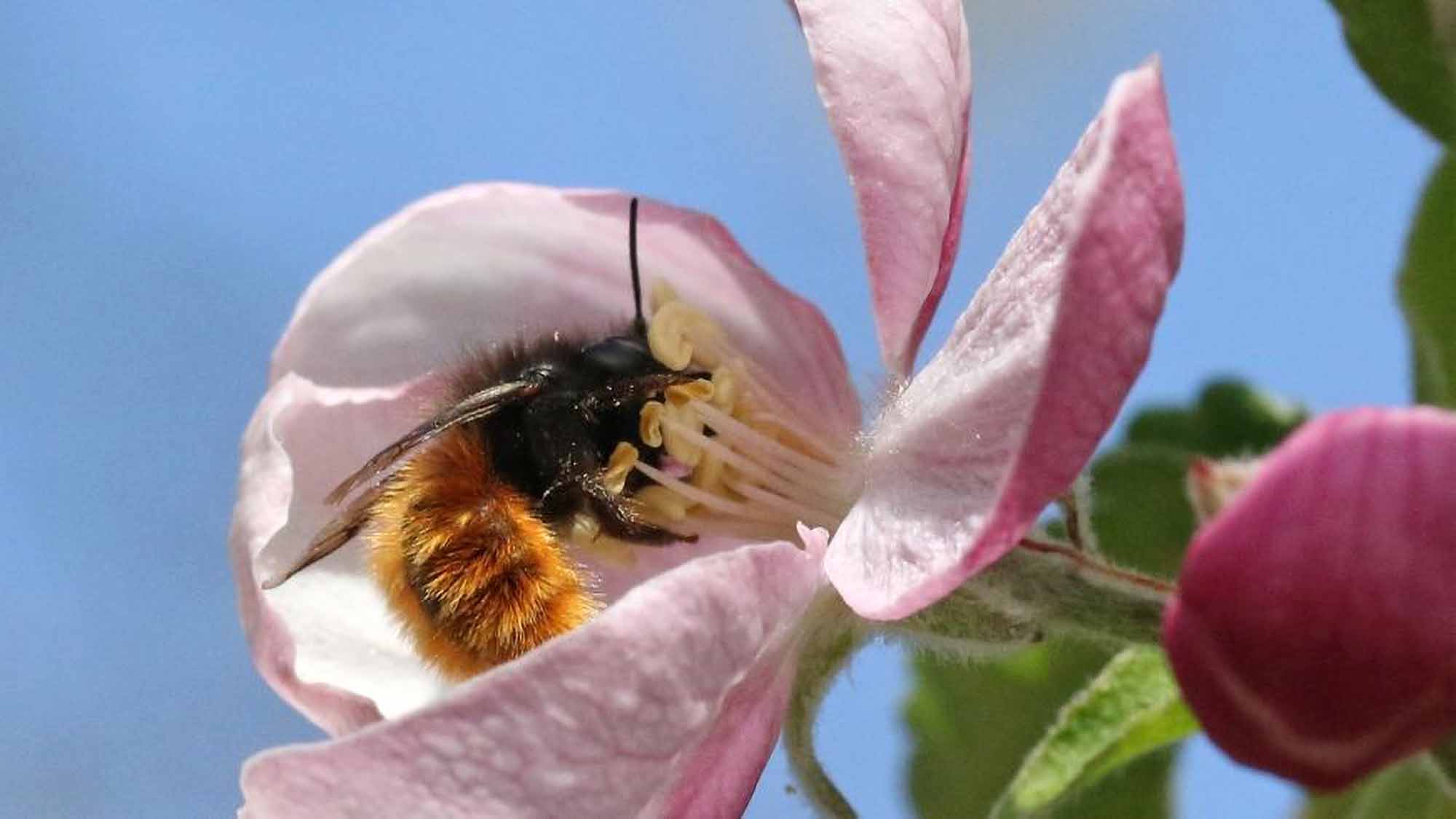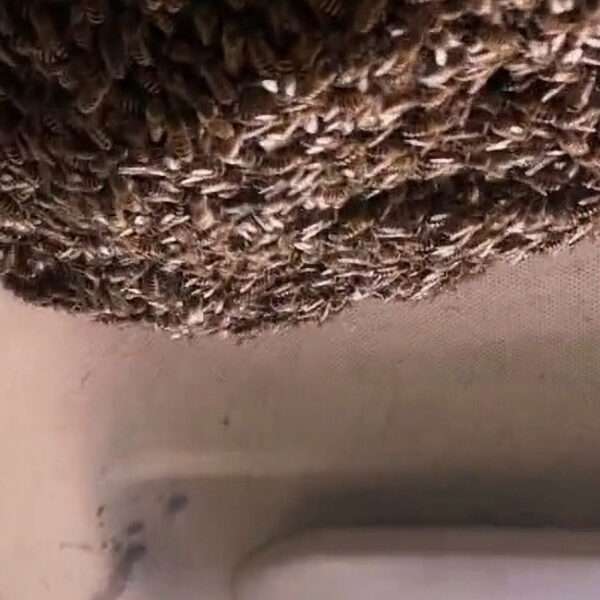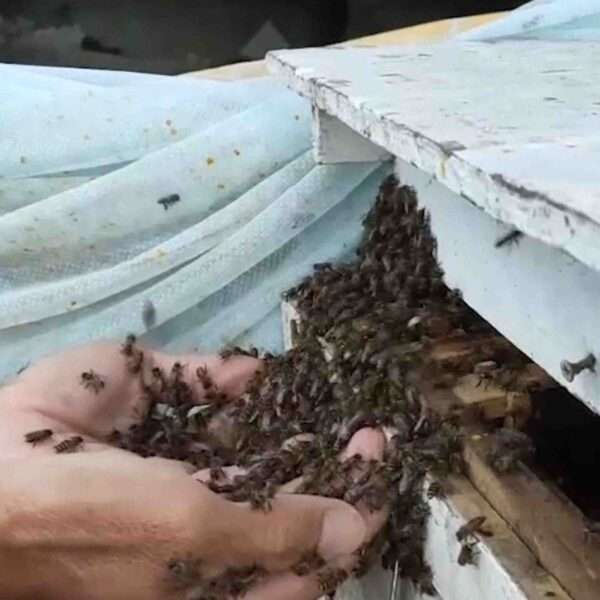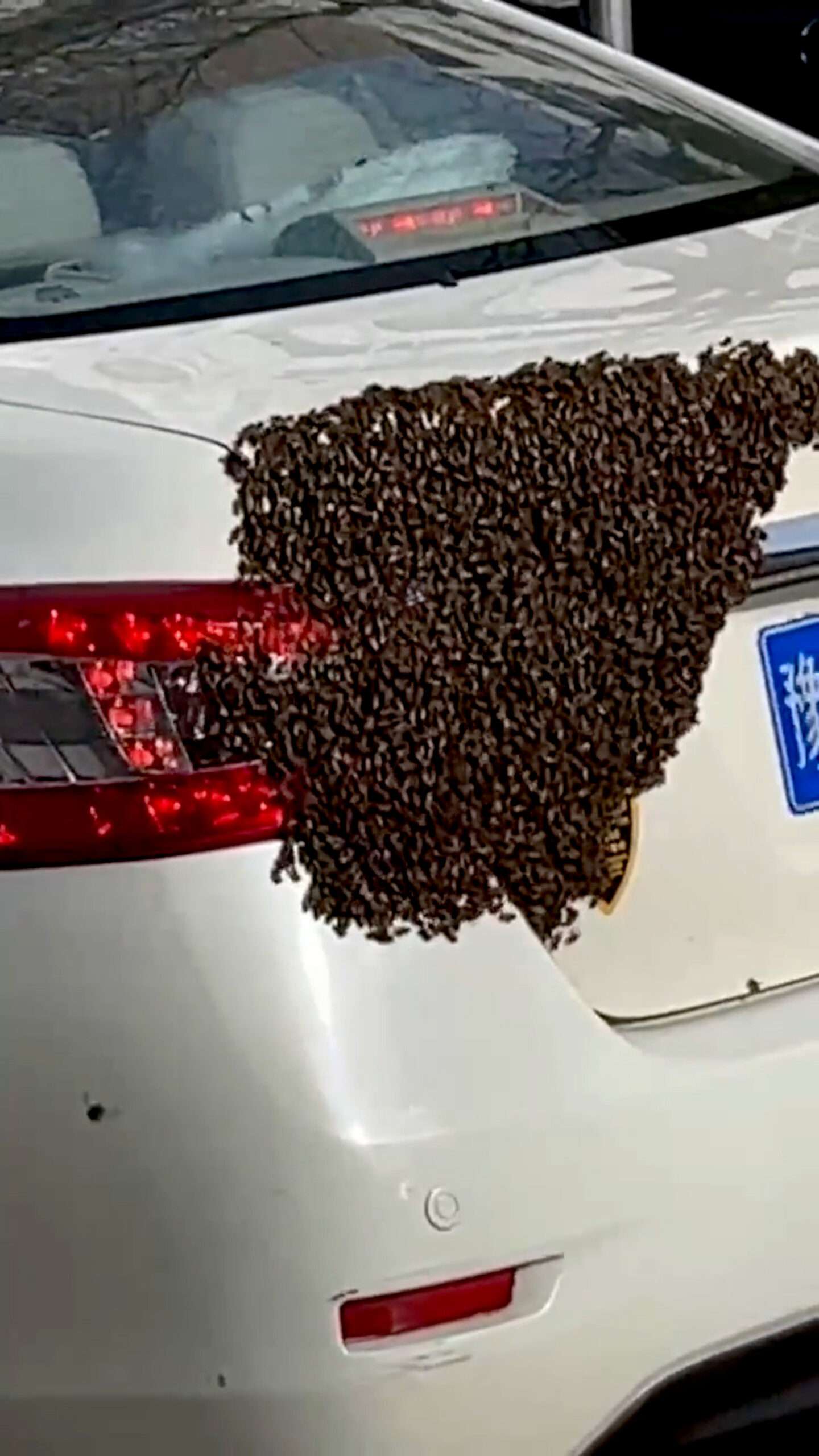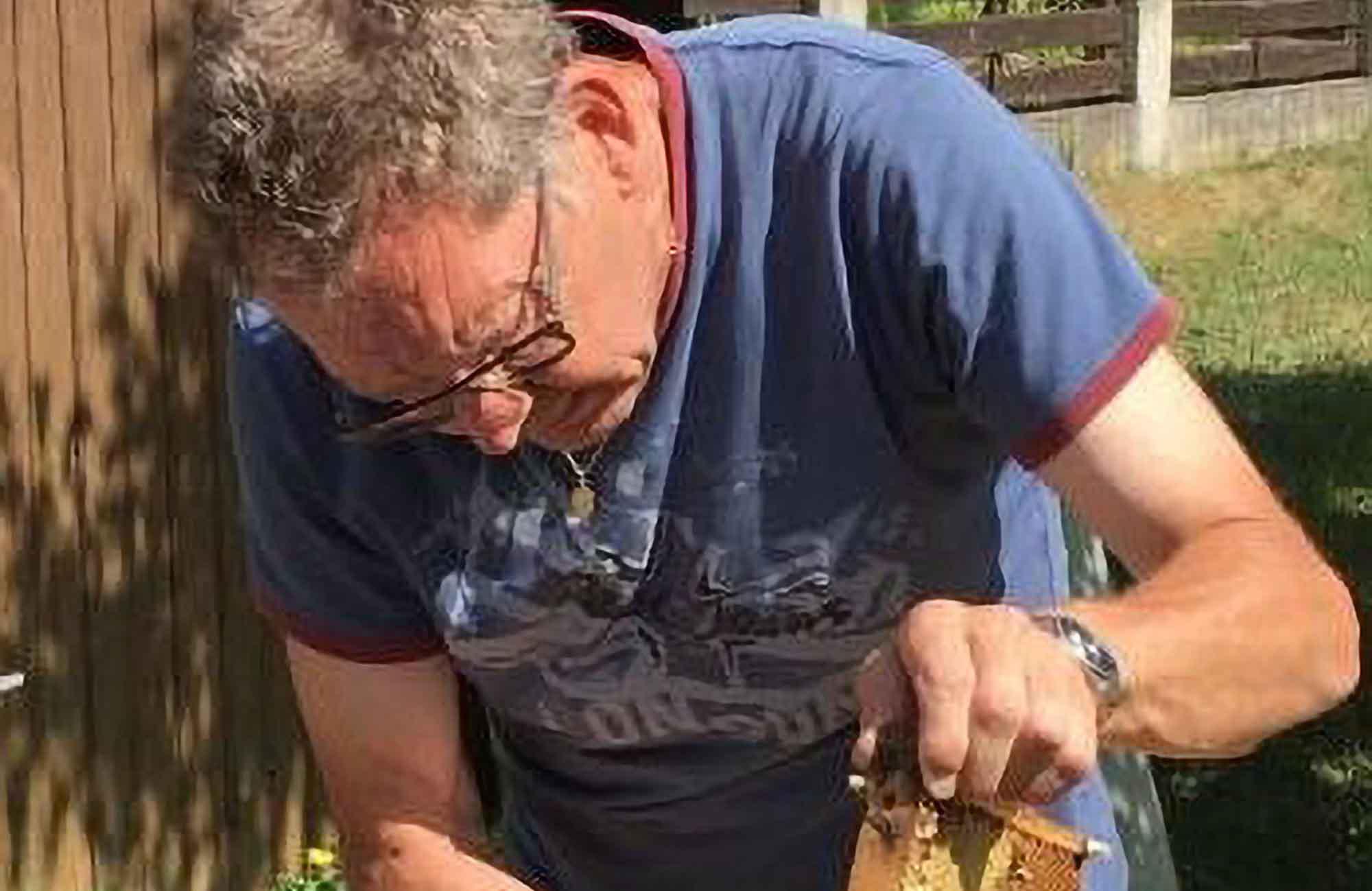Scientists have underlined the importance of remaining ‘vigilant’ regarding the possible invasion of a predatory hornet species in Ireland.
Following the discovery of a single Asian hornet in Dublin in April 2021, researchers from University College Cork and Dublin’s National Museum of Ireland carried out a comprehensive genetic analysis.
Now the entomologists presented their findings in the Journal of Hymenoptera Research – and warned that global warming could enable the insect to settle on the island country.
Dr Aidan O’Hanlon – who is a curator of entomology at Dublin’s National Museum of Ireland – identified the specimen. He subsequently suggested the launch of an investigation into its provenance.
Dr O’Hanlon and the study’s other four co-authors warned that “climate change is likely to increase the threat of a successful invasion in the future, so vigilance against this species must be maintained.”
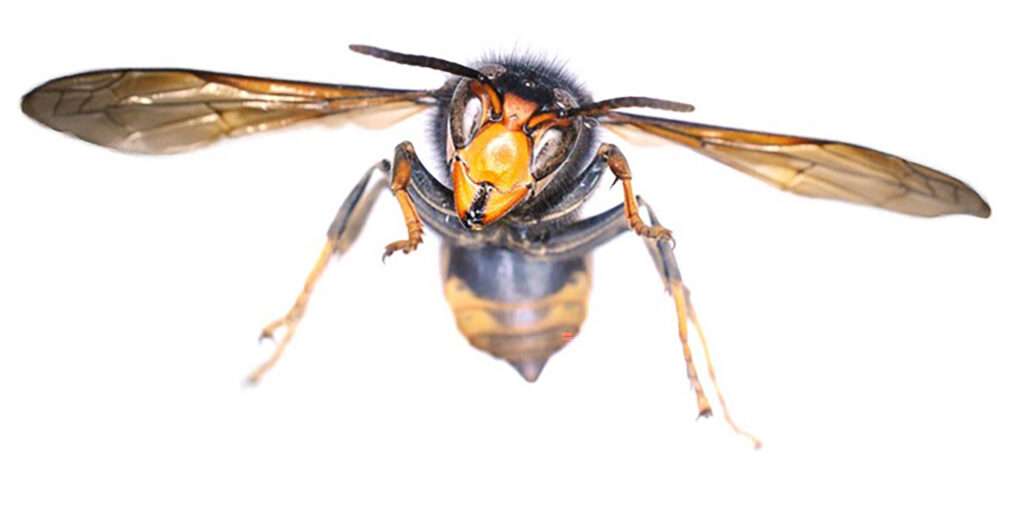
The Asian hornet (Vespa velutina) kills and eats honey bees. It is an invasive species widely considered an emerging threat to apiaries due to its capacity to quickly destroy whole colonies.
Asian hornets are capable of delivering a painful sting. However, they are not considered aggressive by nature.
Last year’s sighting marked the first Irish record of this species which – according to the University of Florida’s entomology department – measures around 22 millimetres in length.
The first report about its presence in Europe dates back to 2004 when the insect emerged near the French city of Bordeaux.
The data gathered from the genetic analysis of the Irish specimen were compared with information from different previous research endeavours across Europe.
Dr Eileen Dillane from University College Cork’s School of Biological, Earth and Environmental Sciences (BEES) explained: “Earlier work had demonstrated that Asian hornets in Europe apparently shared the same genetic lineage, based on studies of a single gene.
“We took this a step further and looked at two additional genes which would be more sensitive in detecting variation within the invasive population.”
According to the scientists, data from all three genetic markers confirmed that Asian hornets in Europe are of a single pedigree.
The examinations also revealed that they likely descended from a single-mated queen hornet that arrived in France 18 years ago.
University College Cork’s Dr Simon Harrison has also participated in the research. He concluded: “Our research has revealed the remarkable potential for population expansion of eusocial insects in invaded areas, even when original genetic diversity is extremely low.”

